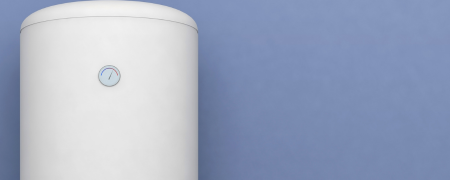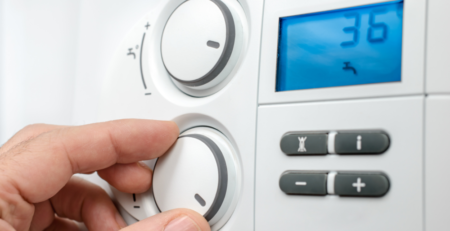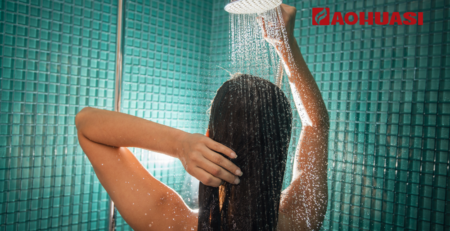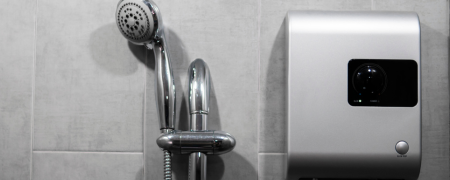Hygiene Matters: Maintaining Clean Water with Electric Home Water Heaters
Maintaining Clean Water with Electric Home Water Heaters In the pursuit of a healthy and comfortable home, the cleanliness of your hot water is a paramount consideration. Electric home water heaters, crucial for providing hot water for various household activities, play a significant role in ensuring hygienic water supply. In this guide, we delve into the importance of maintaining clean water with electric home water heaters and explore practices to uphold hygiene standards.
**1. Regular Flushing for Sediment Removal
Over time, sediment can accumulate at the bottom of the tank in traditional electric water heaters. This sediment consists of minerals and debris that settle during the heating process. Regular flushing of the water heater tank helps remove this sediment, preventing the buildup of impurities that can affect water quality. Follow the manufacturer’s guidelines for flushing to maintain clean and healthy water.
2. Anti-Bacterial Materials in Tank Linings
Modern electric water heaters often feature tank linings made from anti-bacterial materials. These materials inhibit the growth of bacteria and microorganisms inside the tank, contributing to cleaner water. When selecting an electric water heater, consider models with tank linings designed to uphold hygiene standards, providing you with hot water that meets health and safety requirements.
3. Maintaining Optimal Temperature
Maintaining the optimal temperature setting on your electric water heater is essential for water hygiene. The recommended temperature to inhibit bacterial growth is around 120°F (49°C). This temperature not only ensures a comfortable and safe hot water supply but also contributes to minimizing the risk of harmful microorganisms thriving in the water tank.
4. UV-C Technology for Water Sterilization
Some advanced electric water heaters incorporate UV-C technology for water sterilization. UV-C light is known for its ability to eliminate bacteria, viruses, and other pathogens. Water passing through the UV-C chamber in the heater is exposed to this germicidal light, ensuring that the hot water delivered to your taps is not only hot but also hygienically clean.
5. Routine Inspection for Leaks and Contamination
Regular inspections of your electric water heater are crucial for identifying potential issues that could compromise water cleanliness. Check for leaks, rust, or corrosion on the tank and surrounding components. Addressing these issues promptly prevents the introduction of contaminants into the water supply and ensures the continued hygiene of the hot water.
6. Water Filtration Systems as Complementary Measures
Consider installing water filtration systems as complementary measures to enhance water hygiene. While electric water heaters focus on heating water, filtration systems can help remove additional impurities, ensuring that the water reaching your taps is clean and safe for various uses. Explore filtration options that align with your specific water quality concerns.
7. Anti-Microbial Components in Water Heaters
Innovations in electric water heater design include the use of anti-microbial components in critical areas. These components, such as anti-bacterial anodes, inhibit the growth of bacteria and mold, maintaining a hygienic environment within the water heater. Choosing water heaters with anti-microbial features contributes to the overall cleanliness of your hot water supply.
8. Periodic Replacement of Anodes
Anodes play a crucial role in preventing corrosion within the water heater tank. Over time, these sacrificial rods can become depleted. Regularly inspect and replace anodes according to the manufacturer’s recommendations. This preventive measure ensures that the tank remains corrosion-free, preventing the introduction of rust and contaminants into the hot water.
9. Consideration of Water Source Quality
The quality of the water entering your electric water heater matters for overall water hygiene. If your water source is prone to impurities or has a high mineral content, consider additional water treatment options. Water softeners, for instance, can help address hard water issues, contributing to cleaner and more efficient water heating.
10. Educational Resources for Users
Empower yourself with knowledge about water heater maintenance and hygiene. Manufacturers often provide educational resources, including user manuals and online guides. Understanding how your electric water heater works and the best practices for maintenance ensures that you can actively contribute to maintaining clean water in your home.
Conclusion
Hygiene matters when it comes to the hot water supply in your home, and electric water heaters play a vital role in upholding cleanliness standards. From routine maintenance and flushing to the use of anti-bacterial materials and UV-C technology, there are various measures to ensure that the water delivered by your electric water heater is not only hot but also hygienically clean. By incorporating these practices into your home care routine, you can enjoy hot water that meets the highest standards of hygiene.
Get Access Now
Curious about maintaining clean water with electric home water heaters? Visit for insights, comparisons, and expert recommendations on water heaters designed to provide hot water that is both comfortable and hygienically clean.





Leave a Reply